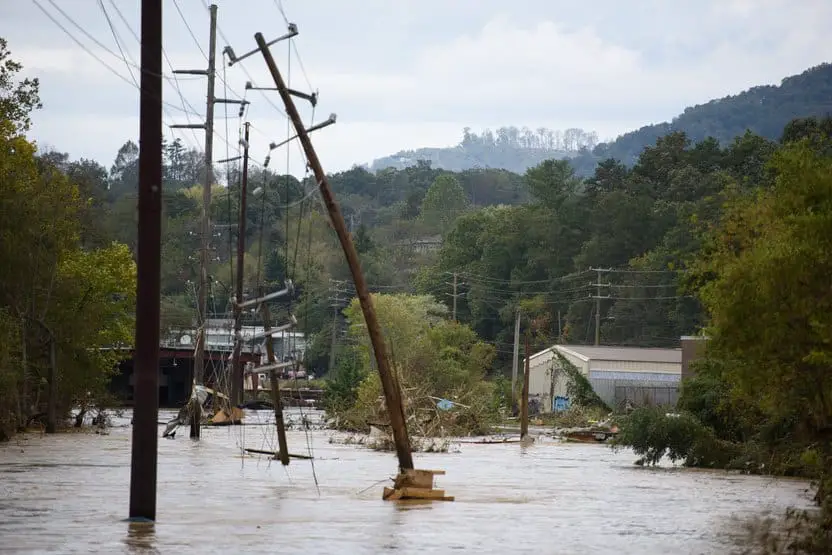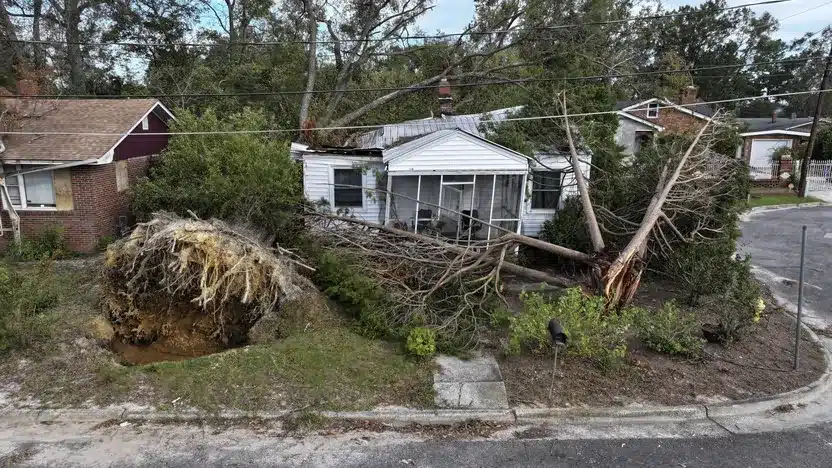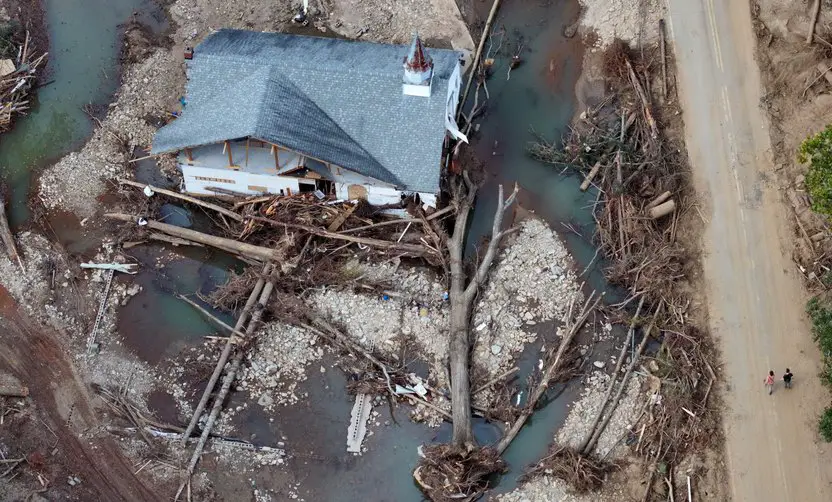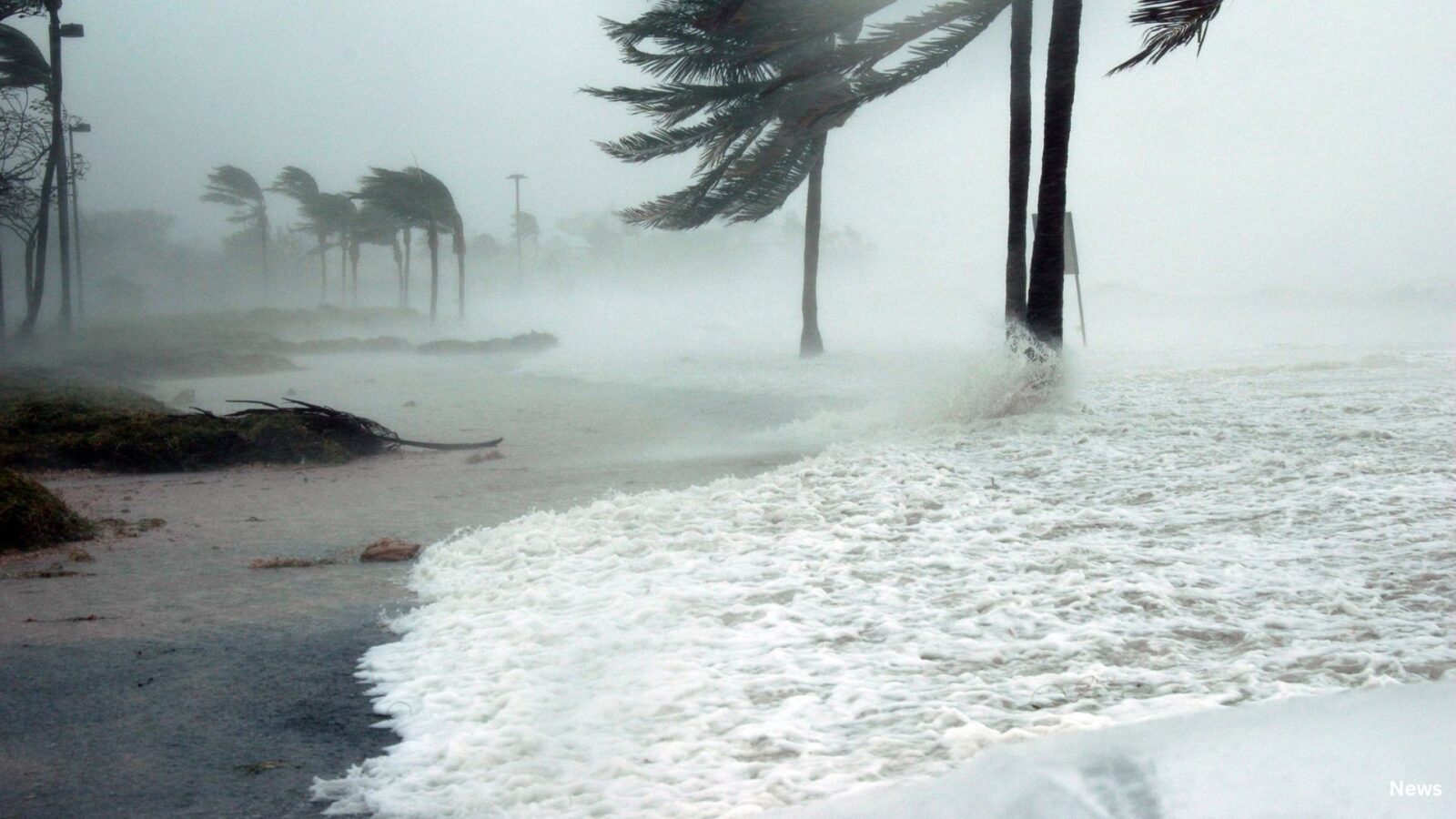Hurricane Helene housing impact has significantly reshaped the housing market, influencing how Americans think about where they want to live. According to a recent Redfin survey, nearly one-third of U.S. residents aged 18-34 report that the damage caused by Hurricane Helene has made them reconsider their future relocation plans. This shift is just one of the many ways the storm is altering housing trends nationwide. The Hurricane Helene housing impact highlights critical issues such as climate change, rising insurance costs, and fluctuating real estate values.

The Shift in Housing Preferences Post-Hurricane Helene
Hurricane Helene, which made landfall in Florida in late September 2024 and swept through Appalachia, has become one of the deadliest storms in recent U.S. history. As the storm wreaked havoc, killing over 100 people in North Carolina and causing widespread destruction, it left many residents reconsidering their housing decisions. The Hurricane Helene housing impact survey reveals that 32% of young adults aged 18-34 are now reevaluating where they want to live in the future, compared to 15% of older Americans.
While many flocked to the Sun Belt during the pandemic due to its low cost of living and remote work opportunities, the storm’s aftermath has brought attention to regions like Appalachia, which some assumed were relatively safe from hurricane damage. However, Hurricane Helene showed that even inland areas are vulnerable to flooding and extreme weather events, forcing people to reconsider their long-term housing choices.

Rising Insurance Costs and Real Estate Values
In addition to changes in relocation preferences, insurance costs are becoming a growing concern for homeowners in hurricane-prone areas. According to the Redfin survey, almost one-quarter (23%) of respondents expect their insurance premiums to rise due to Hurricane Helene, with the highest rates of concern in the South, where 32% of respondents foresee an increase. This rise in premiums is part of a broader trend of insurers grappling with skyrocketing claims due to intensifying natural disasters, which has left many homeowners with either higher costs or lost coverage altogether.
The Hurricane Helene housing impact goes beyond insurance, as some Americans also expect real estate values to fluctuate. Thirteen percent of respondents believe house values in their area will increase due to a perceived lower risk of climate disasters, while others in harder-hit regions fear that their property values may fall. This has sparked discussions about how climate change will continue to shape the housing market, particularly in regions that have traditionally been seen as safe havens.
Hurricane Helene Housing Impact
While many Americans say their housing plans remain unchanged—45% of respondents indicated that Hurricane Helene hasn’t affected how they think about where they live—the long-term implications of the storm are undeniable. As climate change intensifies, natural disasters like hurricanes are expected to increase in frequency and severity, prompting more people to reconsider where they live and how they protect their homes.
For some, the Hurricane Helene housing impact is a wake-up call to reassess their current living situation. Nine percent of respondents, particularly younger adults, now feel that renting is a better option than homeownership in the face of increasing climate risks. Others, however, remain committed to their homes but are increasingly worried about future insurance costs and property values.

The Hurricane Helene housing impact has highlighted the growing connection between climate change and the housing market. From rising insurance premiums to changes in relocation preferences, the storm has forced many Americans to reconsider their housing decisions in a rapidly evolving environment. As natural disasters continue to shape our world, the housing market will need to adapt, ensuring that homeowners are prepared for the risks posed by climate change.
Related posts:
 Real Estate Commission: Understanding the Recent Changes and What They Mean for You
Real Estate Commission: Understanding the Recent Changes and What They Mean for You
 The Need for Affordable Housing for Older Adults
The Need for Affordable Housing for Older Adults
 Rising Rents in Milwaukee: A Growing Crisis in 2024
Rising Rents in Milwaukee: A Growing Crisis in 2024
 Young Americans Prioritize Housing Affordability on Their 2024 Presidential Pick
Young Americans Prioritize Housing Affordability on Their 2024 Presidential Pick
 California WUI: Unpacking the Risks and Challenges
California WUI: Unpacking the Risks and Challenges



